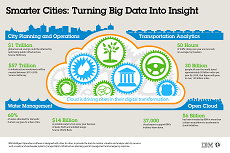October 24, 2013
Yahoo and HP “seeing success” by taking a stand against flexible working
Yahoo has had some successes since curtailing its work from home policies, global corporate real estate leaders were told at this week’s CoreNet Global Summit in Las Vegas. Continuing the industry conversation around balancing an organisation’s need to foster work and collaboration in person (aka: presenteeism) against the needs of employees to work off site, the discussion centred on how employees can “be present” in an increasingly virtual world, and where should leaders in corporate real estate place their focus? Julie Ford-Tempesta, Senior Director, Real Estate & Workplace at Yahoo said despite predictions of “epic policy failure” following the announcement that all employees must work in the office; employee engagement is up, product launches have increased significantly, and teams are thriving. (more…)



























